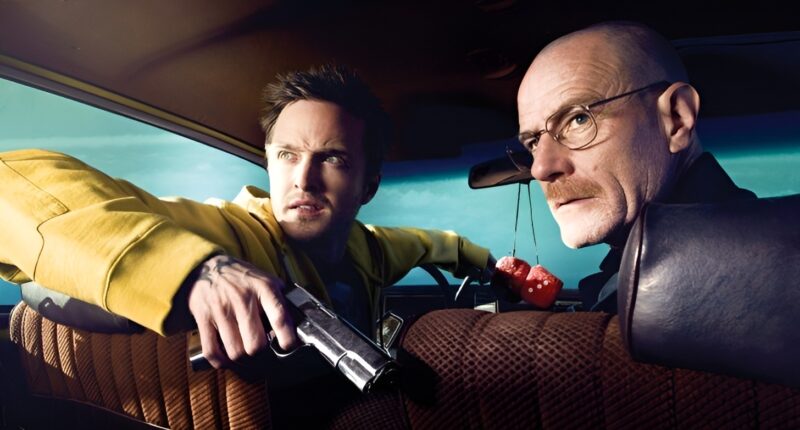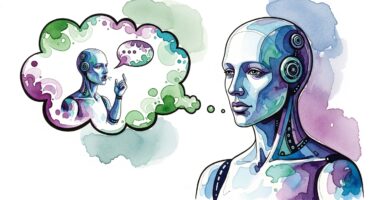Actor Aaron Paul has given up his smartphone for most daily use, saying the obsession with phones is causing mental health damage, whilst warning that artificial intelligence will “completely take over most jobs” in what he describes as a “slippery slope” more dangerous than any Black Mirror episode.
Paul, speaking at the 2025 WSJ Tech Live conference in Napa Valley, California, said he hasn’t owned a computer in 15 years and now primarily uses a Light Phone, a stripped-down device with very limited features, reports The Wall Street Journal.
“Just not having a computer around me and not having my smartphone around and just really going light, I feel healthier mentally, I feel happier,” Paul said. “Maybe it’s ‘ignorance is bliss,’ but I think there’s just too much information that we’re drowning in constantly. I don’t think we’re meant to have that.”
Paul described smartphones as “a drug” and “an acceptable drug that is actually causing damage in our brain”. He recounted a turning point when his daughter, then aged 6, asked him a question while he was checking a company email on his iPhone. She stopped asking and went to play.
“I put my phone down and I went to her, and I go, ‘I want to say I’m sorry for not being responsive to you. I want to promise Daddy’s not going to be on his phone when he’s with you anymore,'” Paul said. “She looks at me, she goes, ‘Really?’ It broke my heart.”
A phone called “Swampy”
The actor, producer and entrepreneur still owns an iPhone, which he uses primarily to FaceTime his children when working away, but otherwise relies on his Light Phone. His current iPhone is one a friend dropped in a swamp three days earlier, which Paul retrieved with a rake and kept after his friend had already bought a replacement. He calls it “Swampy”.
On artificial intelligence, Paul acknowledged some benefits, particularly in the medical field, but expressed alarm about the technology’s trajectory and its impact on employment.
“AI is going to just completely take over most jobs, which is I think is sad. If you don’t think it’s sad, that’s alarming to me,” Paul said. “It’s a slippery slope. I don’t think people are really grasping the dangers of it all.”
Paul’s wife works in the school system and runs a nonprofit, talking to young girls about the effects of bullying and social media’s impact on mental health. He believes people are starting to have relationships with AI bots designed to keep users’ attention, calling it “so dangerous”.
“I wish social media had some sort of limits. I wish that you had to be 18 to be on social media,” Paul said.











